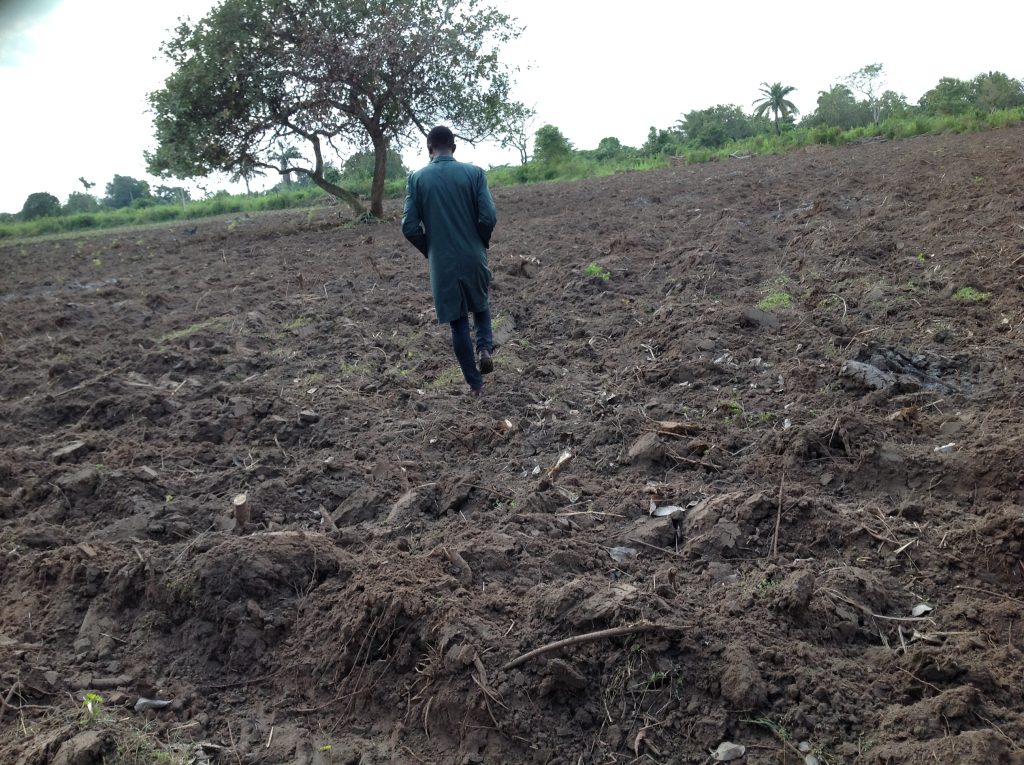Photo credit: Pixabay
Welcome to our comprehensive guide on sustainable farming practices in Nigeria. In this article, we will explore six effective techniques that promote environmental conservation, improve agricultural productivity, and contribute to a sustainable future. By adopting these practices, Nigerian farmers can mitigate the impact of climate change, protect natural resources, and ensure food security for future generations.
Organic Farming
Organic farming is a key pillar of sustainable agriculture. By using natural fertilizers like compost and manure instead of synthetic chemicals, farmers can improve soil health while minimizing environmental impact. Organic farming practices in Nigeria include organic pest control methods, crop rotation, and companion planting. These techniques promote biodiversity, reduce pollution, and result in healthier, chemical-free produce.
Crop Rotation
Crop rotation is an ancient farming practice that involves planting different crops in a sequence on the same plot of land. By rotating crops, farmers can break disease cycles, control pests, and improve soil fertility. In Nigeria, popular crop rotation systems include the maize-legume rotation, which enhances soil nitrogen content, and the yam-cassava rotation, which reduces soil erosion and improves soil structure.

Agroforestry
Agroforestry is an innovative approach that integrates trees and crops on the same farmland. In Nigeria, agroforestry systems such as alley cropping and silvopastoralism offer numerous benefits. Trees provide shade, improve soil fertility through nitrogen fixation, and protect against erosion. Additionally, they offer potential income streams through timber, fruits, and non-timber forest products.
Water Conservation Techniques
Water scarcity is a significant challenge in Nigerian agriculture. Implementing water conservation techniques is crucial. For instance, drip irrigation systems deliver water directly to plant roots, minimizing waste. Rainwater harvesting systems collect and store rainwater for irrigation during dry periods. Mulching, using organic materials to cover the soil surface, retains moisture, reduces evaporation, and prevents soil erosion.
Conservation Tillage
Conservation tillage practices aim to minimize soil disturbance during planting. Reduced or no-till farming methods help preserve soil structure, reduce erosion, and enhance water infiltration capacity. Techniques like ridge tillage and zone tillage are suitable for Nigerian farming conditions. By adopting conservation tillage, farmers can conserve soil moisture, reduce fuel consumption, and promote soil health.
Integrated Pest Management (IPM)
Integrated Pest Management (IPM) is a holistic approach to pest control that minimizes reliance on chemical pesticides. Nigerian farmers can implement IPM by monitoring pest populations, using cultural practices like crop rotation and trap cropping, promoting beneficial insects for biological control, and applying pesticides only when necessary and in a targeted manner. IPM ensures the protection of crops while minimizing harm to beneficial organisms and the environment.
By implementing these seven sustainable farming practices, Nigerian farmers can contribute to a more resilient and environmentally friendly agricultural system. Organic farming, crop rotation, agroforestry, water conservation techniques, conservation tillage, and integrated pest management all play crucial roles in promoting sustainable agriculture in Nigeria. By adopting these practices, farmers can enhance food security, protect natural resources, and build a more sustainable future for generations to come.




